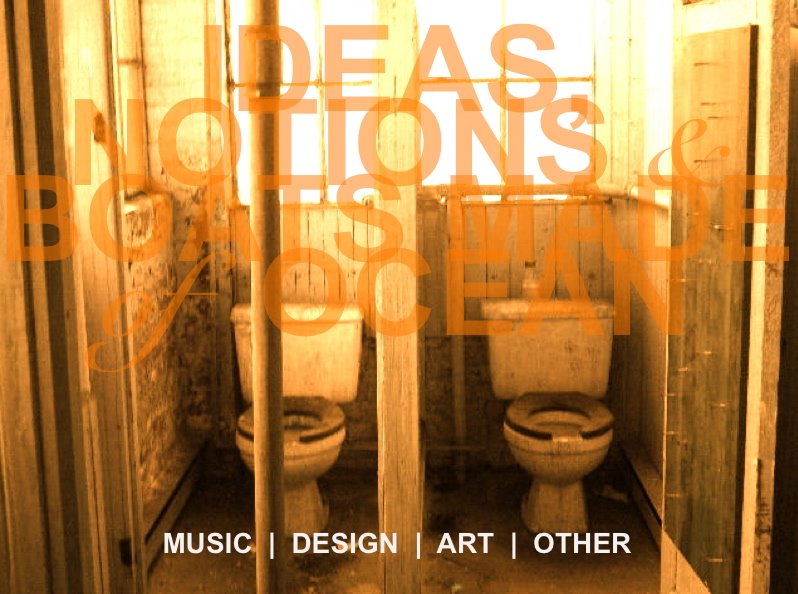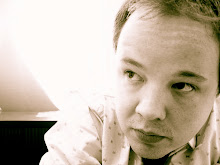In the last, say, ten years things have changed a bit; black artists rule the charts, and for artists -both white and black- authenticity is almost a dirty word; as I write this, the highest charting white artist on the Billboard Hot 100 is Kesha, whose name I refuse to spell with a dollar sign because it's stupid. Umm, Taylor Swift? James Blunt? Nickelback was the most successful band of the nineties, in terms of record sales? And what the hell's happened to U2? (To be fair, black artists seem as adverse to authenticity as white; The Black-Eyed Peas went from a socially conscious hip hop act to an idiot-baiting bubblegum pop group that doesn't so much record songs as they do jingles; rapper Ludacris has recorded with the latest white suburban teenage flash in the pan, Justin Bieber; why the fuck does anybody but fourteen year old girls listen to Rihanna???)
In the 1960's protest songs ruled the charts; led by the great Pete Seeger, Bob Dylan, Joni Mitchell, Joan Baez, Phil Ochs, John Lennon railed against the government and stood as the soundtrack to the civil rights movement, becoming huge stars in the process. Music meant something at the time, it set out to accomplish something, and listeners were inspired by it. Today, music is a trifle, a diversion; people put on their headphones to tune out and get away from thinking. They blast computer-made, heartless beats into their ears, and revel in computer manipulated and corrected voices; guitars and rums, which at the birth of rock and roll were gloriously ragged and human, are now processed so completely that they rarely sound like guitars and drums even when they are real.




No comments:
Post a Comment